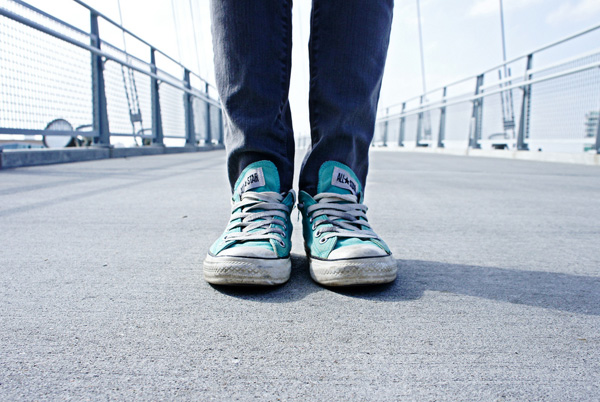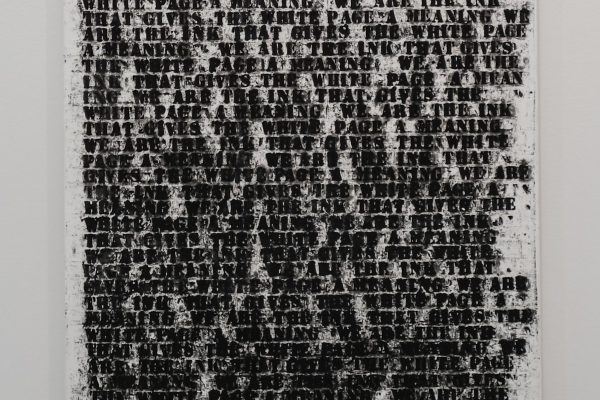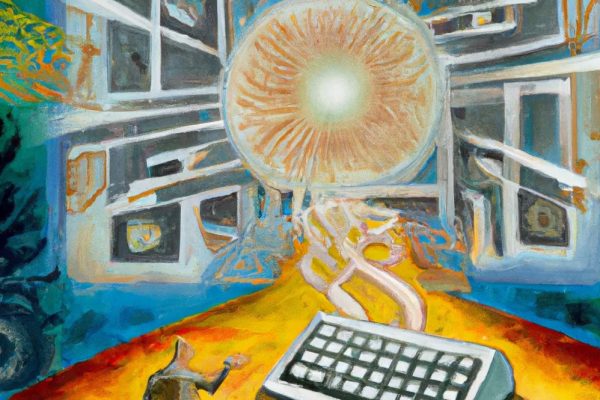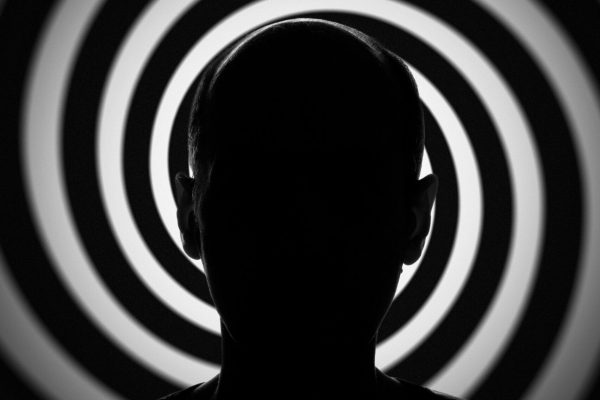Empathy has been enshrined as the panacea for the world’s woes: cultivate it and crime will plummet, poverty will vanish, wars will end. But Paul Bloom demurs, and I with him. I am lucky to have a talented psychologist as an ally in this unpopular campaign.
My doubts about empathy parallel Bloom’s. First, research shows that empathy is not a key player in some core aspects of moral reasoning, such as thinking about inequality, the environment, or cases where large groups of people are threatened. Second, empathy is not a great motivator; studies show that when we feel another’s pain, we tend to do little about it. Third, empathy is easily manipulated, leading us to give preferential treatment to those who don’t deserve it. Finally, empathy is biased: it increases when those in need are salient, similar to ourselves, and close by. We contribute more to a neighbor in need than to the thousands ravaged by a distant tsunami or the millions who die from starvation or disease. Indeed, we often feel greater empathy for cute critters, such as abandoned puppies, than for struggling people. In making policy, we would be better off ignoring empathy. The crucial question is not whose suffering touches us most but who needs us most.
As Bloom points out, some researchers paint a rosier picture. In a groundbreaking series of experiments, the psychologist Daniel Batson tried to show that empathy leads to altruism—that people are willing to endure serious pain on behalf of a stranger if they are induced to empathize. Critics of this work, such as Robert Cialdini, have argued that this effect is driven by identification; people sacrifice themselves for others if they think they are highly similar. What links empathy and altruism is in-group favoritism.
Which brings us to President Obama’s remark that the lack of empathy makes us “plunge into wars” and “ignore the homeless.” I suspect the opposite is true. Wars reflect our tendency to form biased bonds with group members. If someone threatens a fellow citizen, empathy incites us to support aggressive reprisal. As with sports, we empathize with the home team and revel when the other side takes a blow. Cultivating empathy for the enemy is about as easy as cultivating comfort on a bed of nails. Likewise, empathy is not the key to charity. Getting the affluent to grasp the hardships of homelessness is prohibitively hard, and even when successful it can induce debilitating distress rather than the will to make a difference.
Without empathy, are we not left with cold indifference? Don’t we lose our moral compass? On the contrary, empathy can be the cause of moral inertia and indirection. Fortunately, there is a better guide to good action: attending to injustice.
Here are some examples. Many homeless people are members of denigrated ethnic minorities or suffer from physical or psychological disabilities; their plight is symptomatic of discrimination. Global poverty is worst in nations that have been ravaged by imperialism and exploitation. War exposes innocent people to political instability, poverty, injury, and untimely death. Environmental destruction threatens the lives of other creatures and deprives future generations of vital resources. We don’t need empathy to justify efforts to rid the world of such ills. We need a sense of justice.
Our sense of justice has two components. It begins with principles that tell us when someone has been treated unjustly. For example, we have strictures against killing innocent people; and we have strictures prescribing equal opportunity. These principles are grounded in reason and subject to rational debate. But justice also requires passion. We don’t coolly tabulate inequities—we feel outraged or indignant when they are discovered. Such angry feelings are essential; without anger, we would not be motivated to act.
The link between anger and our sense of justice might seem problematic. After all, Bloom calls anger “irrational, arbitrary, and self-destructive,” suggesting that it is no better than empathy. Here I disagree. Admittedly, many things push our buttons, and anger can cause us to overreact. But suppose we suppress our personal gripes and heed the anger that injustice stirs. Righteous rage is a cornerstone of women’s liberation, civil rights, and battles against tyranny. It also outperforms empathy in crucial ways: anger is highly motivating, difficult to manipulate, applicable wherever injustice is found, and easier to insulate against bias. We fight for those who have been mistreated not because they are like us, but because we are passionate about principles. Rage can misdirect us when it comes unyoked from good reasoning, but together they are a potent pair. Reason is the rudder; rage propels us forward. Bloom recommends compassion, but the heat of healthy anger is what fuels the fight for justice.








